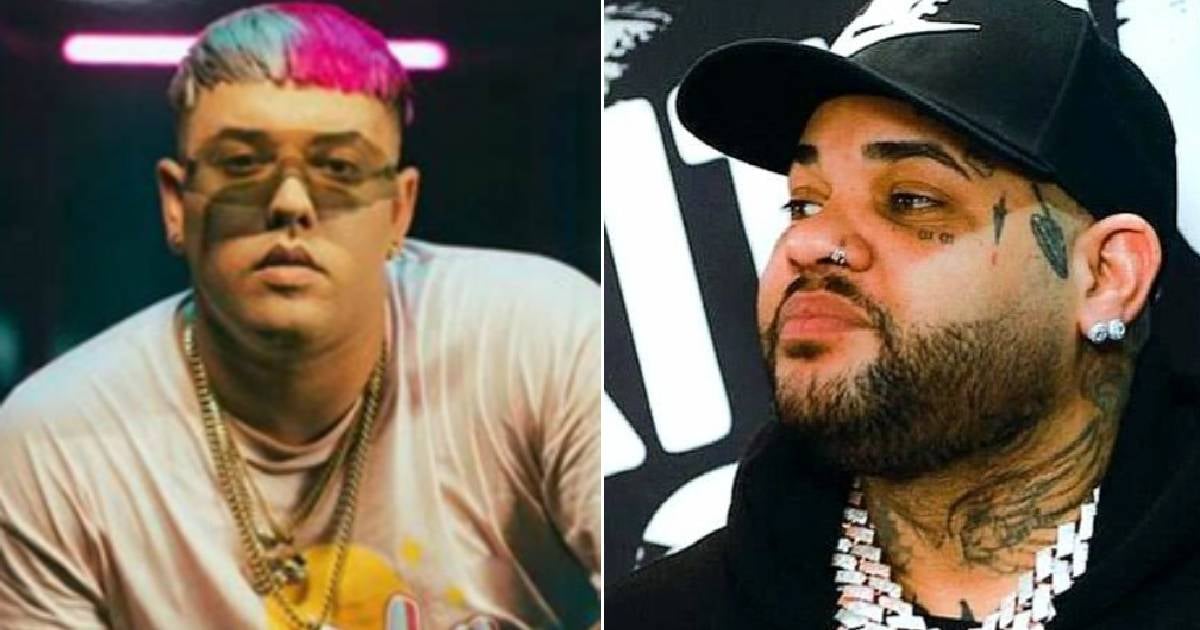
The reggaeton artist Mawell has called for reflection following the tragic death of the Cuban artist José Manuel Carbajal Zaldívar, known as El Taiger, and stated that it is not yet time to play loud music.
In a post published on his Instagram, Mawell expressed: "My heartfelt opinion is that the pain of Jose, El Taiger's family should be respected. I believe it is not yet a time for loud music or noise, nor for a party. These are days of mourning and respect."
However, many of his followers explained that they were simply doing El Taiger's will, who on more than one occasion stated that he wanted his funeral to be a party.
The 37-year-old artist and main representative of Cuban reggaeton was declared dead this Thursday at Jackson Memorial Hospital in Miami, where he had been hospitalized after receiving a gunshot wound to the head. A statement on his Instagram account confirmed the tragic outcome and highlighted the work of the medical team that cared for the musician during his last week of life.
The music community and its followers have been shocked by the news, remembering El Taiger with songs outside the hospital and in several cities on the island where he was considered an icon of music from the last 20 years.
An official statement published on the artist's Instagram page after his death also asks the followers of the popular musician, who ventured into various genres - reggaeton, cubaton, fashaton, trap, reparto, boleros, sones, guajiras - during his fruitful career, to "honor his memory by celebrating the joy he brought to so many."
"The Taiger was the sentiment of the people, and now we must keep that feeling alive through his music and his legacy," the note emphasized.
The statement clarified that a memorial service will be announced soon for fans of "Big Tai," "the Tranka of my country," to say goodbye.
The death of El Taiger, who referred to himself as "The beast, the machine, the animal," marks a significant loss for urban music on the island. Throughout his career, he managed to transform the landscape of reggaeton, cubatón, trap, and other genres that have been decisive in Cuban popular culture over the last 15 years.
His songs, which became anthems for a generation, and his unique style established him as one of the great artists of reggaeton and urban music on the island.
During his career, he collaborated with artists such as J Balvin, Cosculluela, and Bad Bunny. El Taiger stood out for his authenticity and his refusal to adhere to the rules of the music market, in which he preferred to follow his own path and stay true to his roots.
El Taiger was not only a musical icon but also a cultural reference for many young Cubans, who amidst the serious Cuban crisis of recent years saw in him a figure that gave them a voice and, in a way, represented their dreams and aspirations.
What do you think?
COMMENTFiled under: